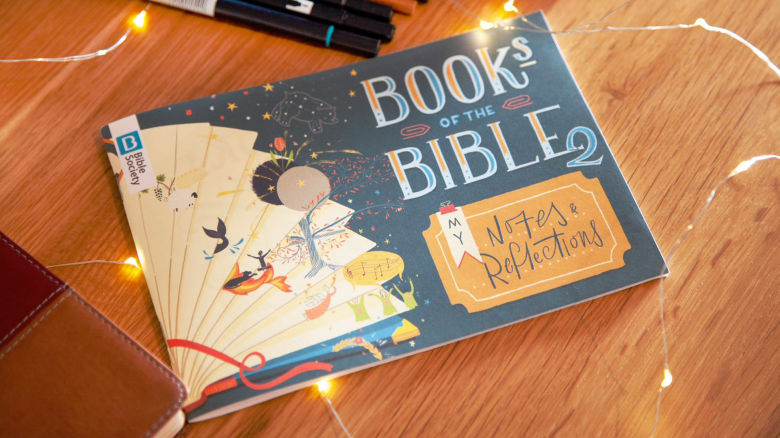2 John is a short letter from John the Elder to someone called ‘the elect lady’ and her children. The letter encourages them to continue walking in truth, in the love of God and love of one another. The author urges the letter’s recipients not to be deceived by false witnesses and expresses a hope that he will be able to visit them in person soon.
… because of the truth that abides in us and will be with us forever. (2 John 1.2)
I ask you, not as though I were writing you a new commandment, but one we have had from the beginning, let us love one another. (2 John 1.5)
The trickiest part of 2 John is working out how it relates to John’s Gospel and 1 John.
2 John states that it is a letter from John the Elder. The question is who John the Elder was. In the first century, as now, the name John was very common.
Debates about the authorship of the Johannine material (i.e. John’s Gospel, 1, 2 and 3 John and Revelation) are extensive and marked by a lack of agreement.
Read all five books together and see what you think!
Possibilities include:
John the apostle. If this is the author, then he was the brother of James, called by Jesus to follow him early in his ministry. He is often thought to be the ‘beloved disciple’ of John’s Gospel, and if he was, then when he was on the cross, Jesus handed over care for his mother to him. Christian tradition states that he took her to live in Ephesus, where he lived to a ripe old age (around 100).
John the Elder. A different John, who was an elder and prophet in the early Church, but not John the apostle. If it is this John, we know very little about him other than this.
Given the uncertainty about dating it is hard to know when 2 John might have been written. Most scholars would argue that it dates from the late first century AD, probably in the AD 90s.
Like many of the letters, 2 John addresses how to live life as a faithful Christian. This was evidently a crucial issue for many Christians of the first century.
An epistle. 2 John is a very short letter written to encourage the community to remain faithful to God, to love one another and to resist false teaching.
1–3 Greeting and blessing
4–11 Instruction to remain strong in the truth and to resist false teaching
12–13 Closing
Words you might want to check:
John of Patmos, John the elder
the elect lady, idols
One of the main questions about 2 John is what the false teachers were teaching. Reflect on this as you read and see if you can work out what they might have been teaching people that so worried the author.
John talks a lot about truth – what do you think he means by this?
Another key issue for this letter is love. What does John say he thinks love is, and how should this affect how we live?

Here are 8 handy tips to get your book club up and running.

Here are some ideas to get you started.

Unsure of the meaning of a word or phrase in the Bible? Check our glossary of terms.
Books of the Bible journal: 2nd Edition
Journey through the Bible, one book at a time, with the 2nd edition of our Books of the Bible journal.
